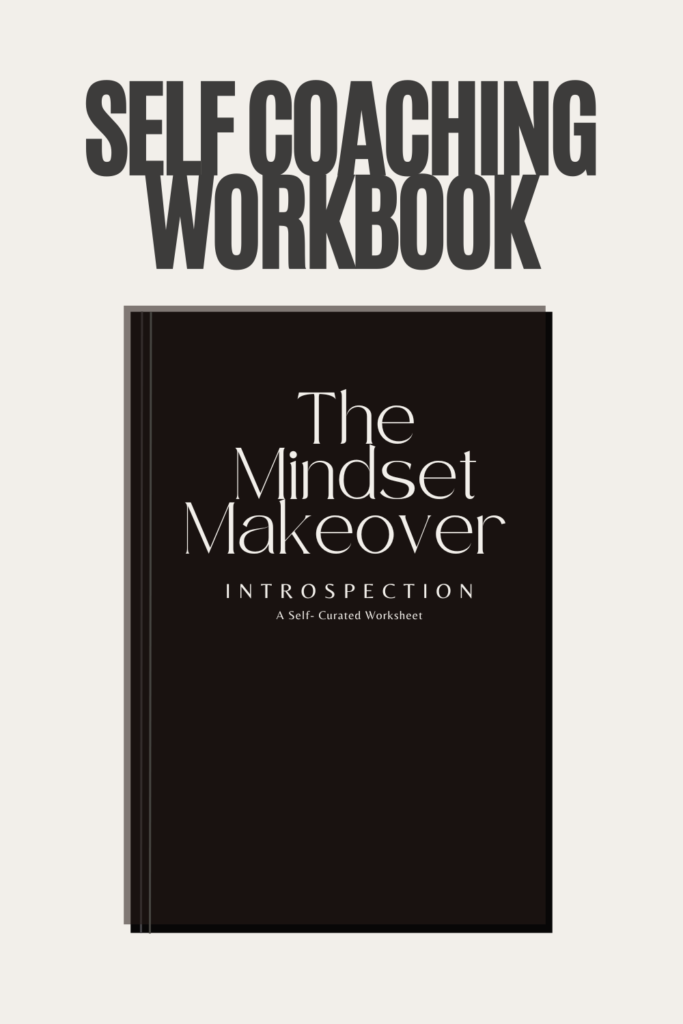Rethinking Productivity in a Fast-Paced World
Do you feel overwhelmed by the hustle culture that glorifies busyness and measures productivity by the sheer volume of tasks completed?
It can be exhausting to stay on your toes constantly. Many individuals find themselves trapped in a relentless cycle of chronic overload and burnout.
Yet, what if there exists an alternative path? What if, instead of perpetually racing against time, we dared to slow down and adopt a mindful approach to productivity? Could this deliberate shift serve as the antidote to chronic burnout and workaholism?
Here’s something worth considering: Slow productivity —a departure from the relentless pursuit of quantity towards focusing on quality, well-being, and balance.
Let’s explore how this approach to work can transform our relationship with productivity and lead to greater fulfillment.
Related Post: 12 Ways Mindfulness Can Shift You From Doing To Being
Why is Productivity Difficult?
Productivity can be challenging due to cognitive overload, constant distractions, and the pressure to multitask.
In today’s fast-paced world, the demand to constantly produce results can feel overwhelming, making it difficult to focus and prioritize effectively.
Additionally, societal expectations and the glorification of busyness contribute to the perception that productivity equates to doing more rather than doing better.
How Does Productivity Affect You?
Productivity plays a significant role in shaping our daily experiences and overall well-being. When we feel productive and accomplished, it boosts our confidence and sense of fulfillment.
Conversely, struggling with productivity can lead to feelings of stress, frustration, and overwhelm.
Productivity also impacts our mental and emotional health, influencing our self-esteem and satisfaction with life.
Finding a healthy balance in our productivity levels is essential for maintaining a positive mindset and achieving sustainable success.
Related Post:
- 9 Productive Ways To Empower Your Unproductive Lifestyle
- Lazy But Productive: A Guide To Achieving Ultimate Productivity With Minimal Effort
What is the Relationship Between Personal Productivity and Work-Life Balance?
Personal productivity and work-life balance are intricately linked, with one directly influencing the other. Achieving high levels of productivity without compromising work-life balance requires intentional prioritization and boundary-setting.
When we prioritize tasks and manage our time efficiently, we create space for work and personal life, fostering a sense of harmony and fulfillment.
Conversely, neglecting work-life balance in pursuit of productivity can lead to burnout, strained relationships, and diminished overall well-being.
Striking a balance between personal productivity and work-life harmony is crucial for sustainable success and fulfillment in all aspects of life.
13 Benefits of Slow Productivity
- Reduces Burnout: By avoiding the relentless cycle of overload, slow productivity helps prevent chronic burnout, leading to better long-term well-being.
- Enhances Quality: Prioritizing quality over quantity ensures that the work produced is of a higher standard, fostering a greater sense of accomplishment and satisfaction.
- Improves Mental Health: Slowing down allows for a focus on mental and emotional health, reducing stress and promoting a more balanced mental state. Related Post: 15 Minute Mental Detox: A Quick Spa Day For Your Mind
- Promotes Sustainable Work Practices: Embracing a mindful approach to productivity cultivates sustainable work habits that can be maintained over the long term without detrimental effects.
- Increases Fulfillment: By focusing on meaningful and fulfilling work rather than sheer volume, individuals find greater satisfaction and purpose in their tasks.
- Balances Life and Work: Slow productivity emphasizes the importance of balancing professional and personal life, leading to a more harmonious lifestyle. Related Post: 16 Best Personal Wellness Goals To Upgrade Your Lifestyle
- Encourages Mindfulness: Adopting a slower pace allows for more mindful engagement in tasks, improving concentration and the quality of output.
- Boosts Creativity: A less frenetic pace allows for more creative thinking and innovation, as the mind has the space to explore new ideas.
- Strengthens Relationships: With more time and mental energy available, individuals can invest more in personal and professional relationships, enhancing overall social well-being.
- Enhances Decision-Making: Slower productivity affords more time for thoughtful decision-making, reducing the likelihood of errors and increasing the quality of choices made.
- Promotes Physical Health: Reducing the physical strain associated with constant busyness can lead to better physical health outcomes, including lower blood pressure and reduced risk of stress-related illnesses.
- Encourages Personal Growth: Focusing on a slower pace allows individuals to pursue personal development and learning opportunities, enriching their skills and knowledge base. Related Post: Emotional Intelligence Mastery: 14 Easy Techniques For Personal Growth
- Fosters a Positive Work Environment: A culture that values slow productivity can create a more positive and supportive work environment, where employees feel valued and less pressured. Related Post: How To Create A Personal Environment That Guarantees Overall Success In Life
These benefits highlight how embracing slow productivity can transform how we approach work and life, to improved well-being and fulfillment.
the bottom line is.
There’s no need to conform to society’s demanding lifestyle; we each walk at our own pace. Embracing slow productivity offers a refreshing alternative—a path toward balance and well-being.
By prioritizing quality over quantity and investing in our mental and emotional health, we can cultivate a sustainable approach to work and life.
Let’s pledge to embrace slow productivity, have confidence in ourselves to achieve our goals, and shape a future where fulfillment takes precedence over relentless busyness.
Frequently Asked Questions
FAQ 1: Is slow productivity just another form of procrastination?
No, slow productivity is about intentional focus and prioritization. It’s about working smarter, not harder, and ensuring our efforts align with our values and goals.
FAQ 2: How can I implement slow productivity principles in a fast-paced work environment?
Start by identifying priorities, setting boundaries, and focusing on high-impact tasks. Remember, slow productivity is about creating space for meaningful work, even in a fast-paced world.
FAQ 3: Will embracing slow productivity hinder my career advancement?
On the contrary, embracing slow productivity can enhance your career by allowing you to produce higher-quality work and avoid burnout. Prioritizing well-being and balance will set you up for long-term success and fulfillment.













12 comments
Fransic verso
Taking things slow and steady helped me a lot to finish tasks better and stay strong with better stamina. Informative and amazing benefits you shared.
LaniAuthor
I agree with you. Thank you Fransic.
Pauline Stephens
I can relate that slow productivity, helps with creativity. I do this often for that extra push in productivity. Great post!
LaniAuthor
Hi Pauline,
Great tip! Thanks for sharing
Marina
Work-life balance can be a challenge for me. Thank you for sharing these tips.
LaniAuthor
Hi Marina,
You are not alone. The important thing is the intention and finding a solution to live a more balanced life.
Nelly
I’ve never heard of the concept of slow productivity. But as I am reading, it actually makes a lot of sense. It’s about doing what’s important and making sure you don’t waste time on unnecessary tasks. It’s a valuable approach to completing tasks.
LaniAuthor
Hi Nelly,
Absolutely. sometimes were just rushing to check our to do lists so we can reach our goals faster. We forget that sometimes the shortcut is taking a step back and making a clear assessment of where were going.
Fransic verso
It’s actually important to slow success to maintain and keep stamina. Great benefits and I agree with all of them.
LaniAuthor
Hi Fransic,
Sometimes we just need a breather and a clearer perspective and we can’t do that when were moving too fast
Nicole
I have always believed in it!
LaniAuthor
Hi Nicole,
Im glad you agree with me. I hope you enjoyed this post.